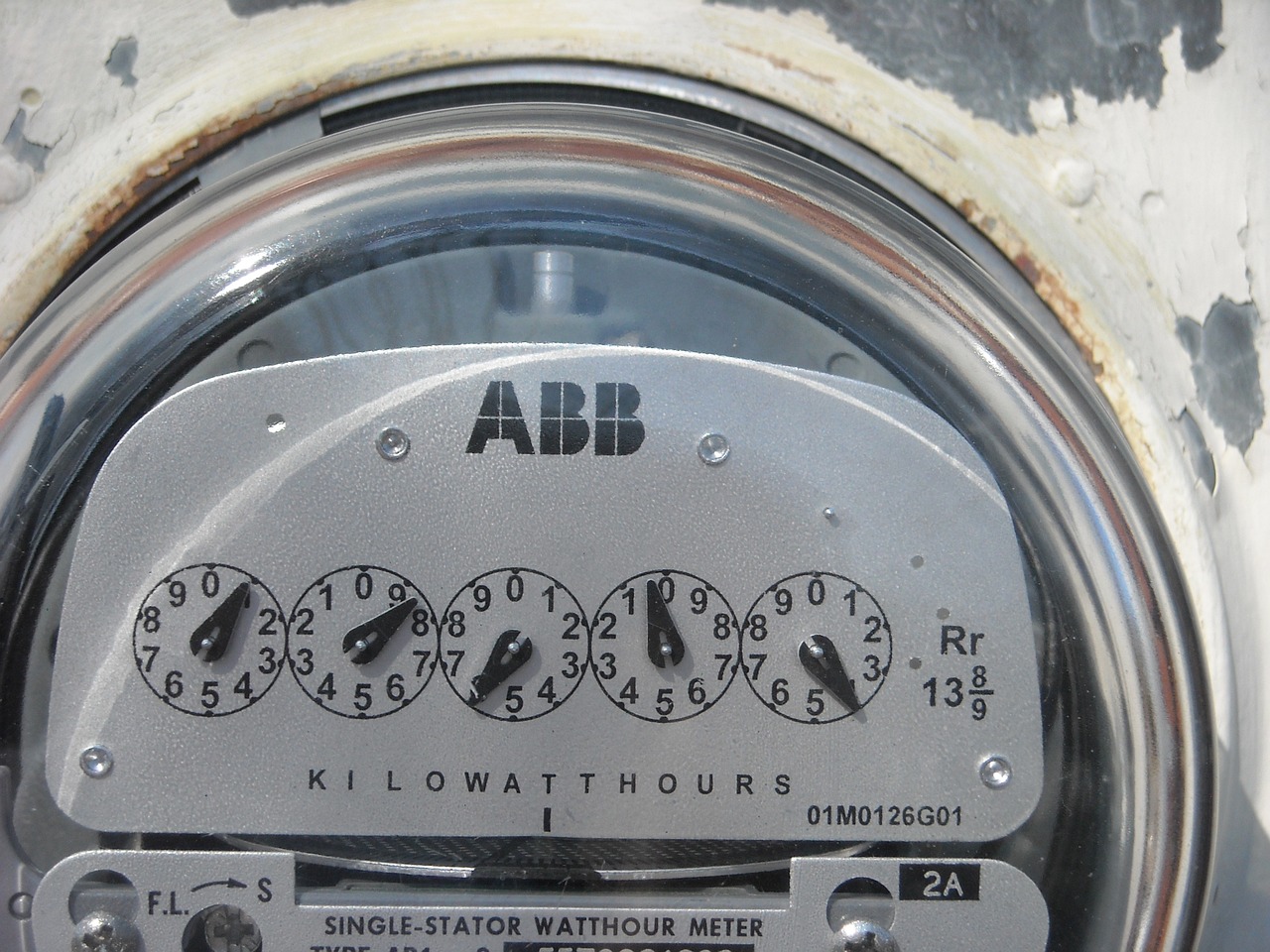PLC vs. Other Controllers: A Comparative Analysis
In the industrial automation field, PLCs (Programmable Logic Controllers) and other controllers play crucial roles. This paper presents a comparative analysis of PLCs and other controllers to help readers understand their respective strengths and weaknesses.Firstly, PLCs are widely used in industrial automation due to their high reliability, easy programming, and cost-effectiveness. They are particularly suitable for tasks that require a high level of automation and precision, such as assembly lines, machining centers, and packaging machines. Moreover, PLCs are able to interface with a wide range of sensors and actuators, making them highly versatile.However, PLCs do have some limitations. For example, they are typically only capable of processing a limited number of inputs and outputs simultaneously. This can become a bottleneck in applications that require a large number of inputs or outputs. Additionally, PLCs are typically not as powerful as other types of controllers, such as industrial PCs or embedded systems.On the other hand, other controllers, such as industrial PCs or embedded systems, offer more processing power and memory capacity. These controllers are often used in applications that require complex data processing or advanced algorithms. They also have the ability to interface with a wide range of devices, including sensors, actuators, and even other computers.However, these other controllers also have their own limitations. For example, they may not be as reliable as PLCs in harsh industrial environments. Additionally, their programming may be more complex and time-consuming than that of PLCs.In conclusion, PLCs and other controllers each have their own strengths and weaknesses. When selecting a controller for a particular application, it is important to consider the requirements of the application as well as the limitations of the available controllers.
In the world of industrial automation, PLC (Programmable Logic Controller) and other controllers play a crucial role. They are the brains of the operation, controlling and managing the machines and processes that keep businesses running smoothly. However, each controller has its own strengths and weaknesses, making it better suited for certain applications than others. In this article, we will explore the differences between PLCs and other controllers, including their capabilities, costs, and applications.
What is a PLC?
A PLC is a specialized type of computer used in industrial automation. It is designed to interface with a variety of sensors and actuators, allowing it to monitor and control complex processes. PLCs are typically programmed using ladder logic or functional block diagrams, making them easy to use and understand. They are also highly reliable and capable of handling a wide range of industrial applications.

What are Other Controllers?
Other controllers, such as PC-based controllers or microcontroller-based systems, are also used in industrial automation. These controllers offer a variety of features and capabilities, but they may not be as user-friendly or as reliable as PLCs. PC-based controllers, for example, may require complex programming skills to set up and maintain. Microcontroller-based systems, on the other hand, may lack the processing power or memory capacity to handle complex applications.
Capabilities
PLC vs. Other Controllers
When it comes to capabilities, PLCs are typically superior to other controllers. They are designed to handle complex processes and can interface with a wide range of sensors and actuators. This allows them to monitor and control multiple machines or processes simultaneously. PC-based controllers or microcontroller-based systems may not have these capabilities or may require complex programming to achieve them.
Cost
Cost is another factor to consider when choosing a controller. PLCs are typically more expensive than other controllers. However, their high reliability and ease of use make them a worthwhile investment for many businesses. PC-based controllers or microcontroller-based systems may be less expensive initially, but their ongoing maintenance and programming costs can add up over time.
Applications
PLC vs. Other Controllers
PLCs are commonly used in industrial automation applications where reliability and performance are crucial. They are often found in manufacturing, processing, and packaging industries where they are used to control machines and processes that keep businesses running smoothly. PC-based controllers or microcontroller-based systems may not be suitable for these applications due to their limited capabilities or high maintenance costs.
Conclusion
When it comes to industrial automation, PLCs are typically the best choice for businesses that demand high reliability and performance. They offer a variety of capabilities that are not found in other controllers, such as easy programming, high reliability, and wide application suitability. However, businesses that have limited budgets or simpler automation needs may find that PC-based controllers or microcontroller-based systems are more suitable for their applications. In any case, it is important to evaluate all options carefully before making a decision on which controller to use for a given application.
Articles related to the knowledge points of this article:
PLC Regional Controller: Key Component for Efficient and Reliable Automation Systems
Title: The Importance of Buying Used PLC Controllers for Your Business
PLC Controller WAGO: The Heart of Your Automation System